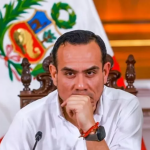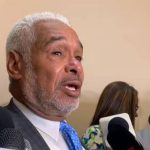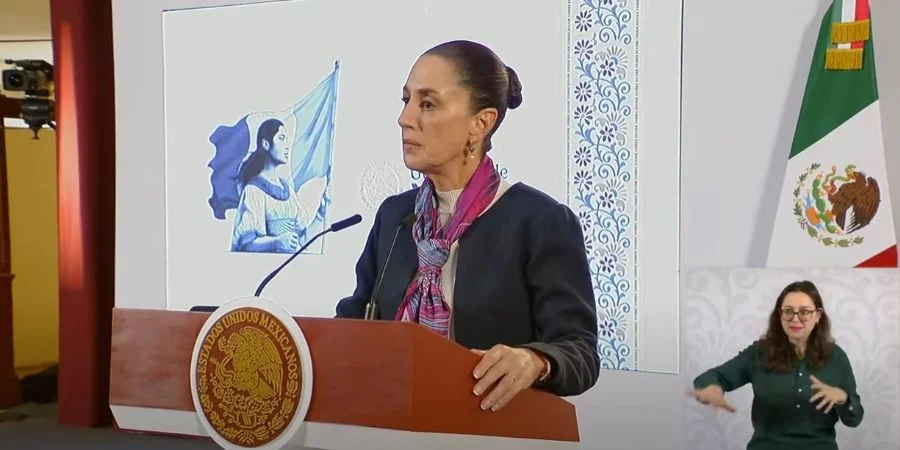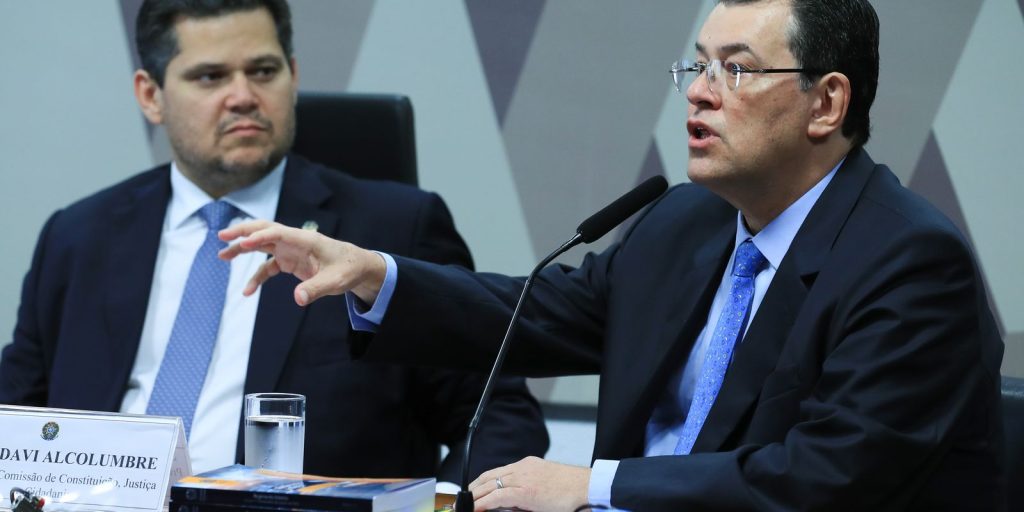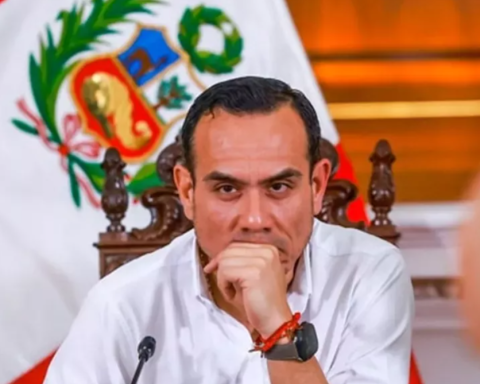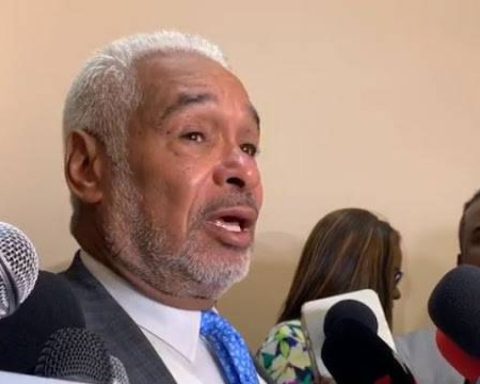The Congress of the Republic was the scene this Tuesday – October 22 – of a new debate on an issue that for many made considerable progress in the Legislature without being in the media spotlight and that requires an open conversation between the regions, central government, academy and economic study centers, since could aggravate the fiscal crisis in the country, according to what experts have warned so far.
Investigation teams from Anif and Fedesarrollo and the same Autonomous Fiscal Rule Committee were part of this meeting, called by Senator Angélica Lozano, who also required the presence of officials from the National Government, especially from the Ministry of Finance so that they could count their perceptions regarding the project that reforms the General Participation System.
José Ignacio López, president of Anif, indicated that to understand the impact of this measure it must be said that if the SGP transfers in 2024 were tied to 46.5% of the Nation’s current income, the amount transferred would amount to $148 billion , representing an additional pressure of $77 billion compared to the $71 billion scheduled for this year (22.2% of current income).
“If this formula is applied, 95.3% of the National Government budget Central in 2024 would be committed to the following items: SGP transfers (46.5%), interest payments (25.1%), pensions (18.1%), future terms (6%). This would leave the Government with only 15 billion pesos available for public investment and operation,” López explained.
Municipalities
Properati
Among the alerts presented during the debate, the experts pointed out that if the Government tried to maintain the current levels of spending in these areas, the fiscal deficit would increase to 10.1% of GDP, violating the Fiscal Rule; making it clear that it is an unsustainable change that would seriously compromise the ability to face fiscal emergencies or economic crises, affecting key sectors such as social investment and infrastructure.
Meanwhile, for Luis Fernando Mejía, executive director of Fedesarrollo, if the reform proposed by Senator Ariel Ávila, speaker of the initiative, is approved, the state would be forced to seek an amount of resources that exceeds any growth expectations, which would lead to progressive fiscal deterioration.
“A 65% increase in GSP transfers would mean an additional $60 billion per year, an amount higher than the investment budget for 2025, which is $44 billion. This implies that, even completely eliminating the national government’s investment, it would not be possible to finance an increase of this magnitude,” Mejía said.
Read here: Comptroller’s Office orders Populated Centers to pay the State $87,027 million
The Director of Fedesarrollo recognized the importance of strengthening autonomy of the territorial entities, but suggested adjusting the reform project so that the GSP participation in current income increases to 30%, instead of 46.5%. “This percentage exceeds the historical average for the 2000-2019 period and is 10 points above what was observed in 2023,” Mejía highlighted.
Government support
Although officials from the Ministry of Finance were present during the debate, the spokesperson from the Casa de Nariño was assumed by the Minister of the Interior, Juan Fernando Cristo, who began by recognizing that projects like this are important with a view to strengthening decentralization, but He made it clear that it is not something that can be done in a hurry, since fiscal stability is at stake.

Juan Fernando Cristo, Minister of the Interior
Home Office
“We are discussing today how we comply with a 1991 constitutional norm; There are still those who say that the deadlines must be extended further. How do we arrive in 2036, 45 years later, to comply with the ’91 constitution? Then they tell me why there is exclusion in Colombia, why there is violence and we are not able to consolidate peace. The promise of the Constitution of ’91 was frustrated and was truncated with the counter-reforms of 2001 and 2007, for whatever reasons you want,” Cristo said.
After raising several objections to the reform of the General Participation System, Cristo assured that President Gustavo Petro’s order is to support this type of initiatives, although he made it clear that for this to happen, it is necessary to carefully review the correct path to implement it.
“The President of the Republic cannot have a different position on this project than to support it, because in 2001 he opposed the legislative act of the Pastrana government that changed the SGP formula, because in 2007 he opposed the government’s project of President Uribe who extended it for 10 more years and changed the formula,” said the Minister of the Interior.
For reading: Petro’s ‘problem’ with the COPs: ‘Governments only talk and do not act’
This official added that Gustavo Petro, as a senator, created the people’s caucus, together with the Liberal Party and at the time he committed to the governors that he would manage to leave things in favor of regional autonomy, which he did. That said, it was clear that the strategy of dividing cannot be used, since there is a common interest.
“The question here is not whether or not the government supports this initiative. Here the question is what modifications we can make to the legislative act. It is a political decision to move it forward and that is why we must review how we improve it to make it a responsible proposal. Let’s start to review how we advance in territorial autonomy,” concluded Juan Fernando Cristo.

Colombian pesos
iStock
In this way, a new path is opened for Legislative Act 018 of 2024 Senate – 437 Chamber, which seeks to gradually increase income transfers from the Nation to territorial entities, going from the current 22% to 46% within a period of 10 years; does not have so much opposition in the three debates that it needs, since it has complied with five of the eight endorsements that it requires to be a law of the Republic.
Here it is worth saying that although the initial goal is for the reform to be carried out in the next decade, its speakers are aware that this could result in a heavy fiscal burden for the Nation, which does not rule out that perhaps, during the debates that are coming, the period of the transition that is planned can be extended a little more. Nevertheless, They made it clear that it is something that must be done if we seek to move towards decentralization.







